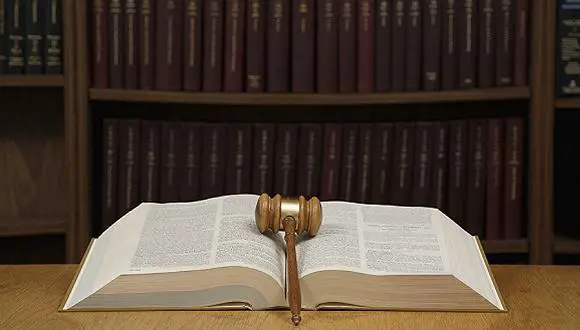The 2016 White House hopeful Hillary Clinton's sole use of a private email account to conduct government business is raising hackles among critics, and experts say it could hurt her run for the presidency.
This week's New York Times uncovered Clinton's use of a private email account and a private server located in her home during her four-year stint as head of the U.S. State Department.
Critics are blasting Clinton over the discovery, arguing that she could have compromised U.S. national security and that she may also have violated U.S. laws governing transparency among public officials.
While it's still very early in the campaign, the real problem is that the scandal re-enforces the perception that the Clintons -- both Hillary and her husband, former President Bill Clinton -- are secretive, experts said.
"It is unprecedented for a high level U.S. official to solely use a personal email to conduct government business. Let alone have her own personal servers in her basement," Republican strategist Ford O'Connell told Xinhua.
"It's a growing pattern for Hillary Clinton of secrecy and lacking transparency," he said.
The message Clinton is sending to the average voter is that the laws do not apply to her, and that could hurt her campaign, as Americans want a candidate to whom they can relate on a personal level, O'Connell said.
"It's the perception of the violation that's going to be more difficult for Hillary Clinton to overcome than the violation itself," he said.
Clinton has been lambasted for what critics call stonewalling on the investigation into the 2012 attack on the U.S. consulate in Libya that killed a U.S. ambassador. Critics also take issue with her acceptance of foreign donations to her foundation.
"They (the Clintons) have to be careful that this (email) issue doesn't combine with other issues to re-enforce a negative perception about them," Brookings Institution's senior fellow Darrell West told Xinhua.
"Certainly Republicans have these kinds of negative perceptions about the Clintons, but if you have a lot of candidates running around the country reminding people about it, it can become a more widespread perception," he said. However, he added that it is still early in the election season and it would be hard to see the issue as having a major impact on Clinton.
On Wednesday, Chairman of the House Foreign Affairs Committee Ed Royce, a Republican, said he was "deeply troubled" that Clinton used personal email to conduct official State Department business. "The Federal Records Act exists to provide to the American people the level of transparency and accountability they deserve from their federal government. Her practice frustrated Congressional oversight," he said.
Later that day, Clinton broke her silence, taking to Twitter to say that she wants the public to see her emails. "I asked State to release them. They said they will review them for release as soon as possible," she tweeted.
State Department spokeswoman Marie Harf said the department will review the emails "as quickly as possible," although observers note the State Department would only have access to emails to and from that department, but not any third party emails Clinton sent or received.
The email development opens the door to many questions, such as whether there was any intent to keep information away from the public, and if so, why?
It also begs the question of whether anything classified was sent or received, or why she kept a private email and a server located in her home, which is considered a highly unusual move for a secretary of state.
While many Republicans hold a negative view of Clinton, and Democrats have a very positive view of her, the real question is whether the email controversy will start to impact how those in the middle view her, experts said. Enditem
 简体中文
简体中文





